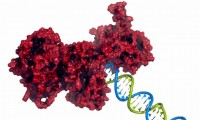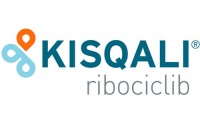-
J&J buys into Bristol-Myers cardiovascular disease program
- Source: Fiercebiotech
- 2,530
- April 19, 2018
-
Another immunometabolism deal? Johns Hopkins spinout Dracen lands $36M investment from Deerfield
- Source: Endpts
- 1,064
- April 3, 2018
-
Merck’s ERK inhibitor shows promise in combo against resistant cancers
- Source: fiercebiotech
- 962
- February 23, 2018
-
Genentech’s Tecentriq Impresses Again in Late-Stage Kidney Cancer Trial
- Source: Biospace
- 1,068
- February 11, 2018
-
the Mayo Clinic experience
- Source: acrabstracts.org
- 897
- January 30, 2018
-
AstraZeneca’s PARP Inhibitor Lynparza Gets Approval in Japan
- Source: finance.yahoo
- 1,035
- January 26, 2018
-
Merck KGaA taps UK cancer research organizations to feed pipeline
- Source: Endpts
- 837
- January 23, 2018
-
AstraZeneca’s PARP inhibitor gains market edge with breast cancer approval
- Source: Biopharmadive
- 882
- January 17, 2018
your submission has already been received.
OK
Subscribe
Please enter a valid Email address!
Submit
The most relevant industry news & insight will be sent to you every two weeks.













